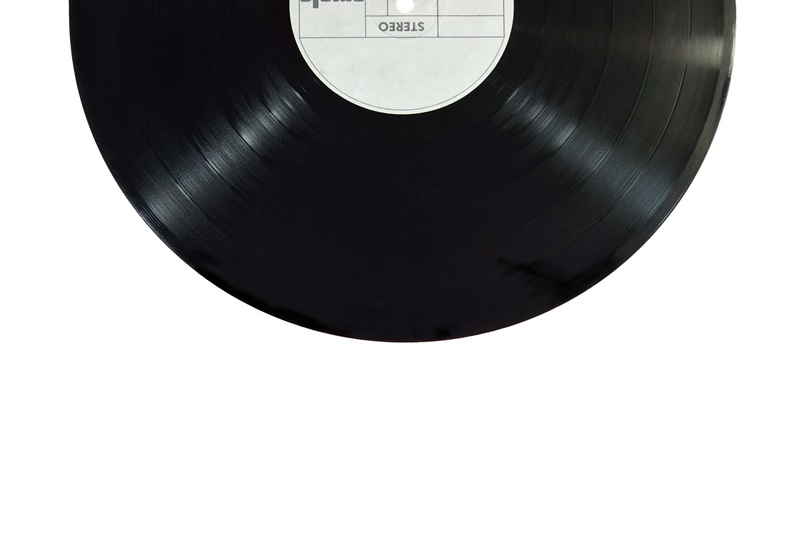
If you’re a fan of country music from North America or Beyonce (or both), then you’ve probably been following the highly covered release of her latest hit, "Texas Hold ‘Em". The song is squarely in the country music category, which has garnered plenty of headlines considering Beyonce is largely known as the Queen of Pop.
The pivot to country music has been met with suspicion, excitement, confusion, and much more. The song, which dropped on Super Bowl Sunday on February 11 earlier this year, was a surprise hit on Beyonce’s brand new album. Titled ‘Cowboy Carter’, it seems will be heavily influenced by country music.
The album cover features Beyonce clad in red-white-and-blue leather chaps, riding a horse with a large American flag behind her. Even that has garnered divisive opinions—since when is Beyonce a country artist? Let’s get to this question and many more below as we explore the lyrics, hype, and controversy surrounding this latest hit.
Digging Into the Lyrics
At just under four minutes long, "Texas Hold ‘Em" isn’t a complex hit. It’s an arrangement of plucky guitar notes, Beyonce’s soulful voice, and background accents. The song’s name is a reference to the wildly popular poker game of Texas Hold’em, which partly originated in the Lone Star state back during the Wild West era of dusty saloons and card rooms.
Despite the historical relevance of the game, Texas Hold’em poker remains hugely popular for online players. Estimates place the global player pool at around 100 million people, many of whom cut their teeth online with the hopes of qualifying for in-person tournaments. The game is even broadcast on major channels like ESPN.
In other words, Beyonce’s choice to focus on Texas Hold’em at once places her in country music territory—but with a game that people around the world recognize.
Country Roots
Again, you might be wondering what could be so controversial about Beyonce stepping into a country music role. After all, she’s from Houston and grew up attending rodeos—what’s more country than that? Throw in the reality that around one-quarter of all US cowboys during the Wild West era were black and there’s even more reason to say that Beyonce, though she came up in the pop scene, has strong country roots.
But there’s a strong divide in the US between who is ‘allowed’ to represent country music. This has many historical nuances—but there’s often a feeling of vilification amongst many country-loving communities. Country fans are often from rural, poor, and under-served communities. To see a pop star billionaire like Beyonce display her country pride by riding around on a horse in Americana gear feels disingenuous for those who didn’t realize she was part of the musical scene.
Country Questions
Pop stars moving into the country space is viewed as controversial. Even Taylor Swift, who began as a country musician, has received flack for transitioning back and forth into pop music. It seems that country music has existed in a world of its own—its listeners simply aren’t used to musicians dipping a toe into the territory.
But Beyonce is far from the first non-country star to flex her country skills. Rapper Nelly has collaborated with the Florida Georgia Line (‘Lil Bit’, 2021) and Tim McGraw (‘Over and Over’, 2004), making crossover hits for well over a decade. The idea that country music must be squarely within the genre is a purist argument—one that won’t win over the music industry or its fans.
Tugging on Historical Strings
You may be picking up on deeply cultural and historical notes in this article—which is a great summary about why ‘Texas Hold ‘Em’ has been so controversial. At its simplest, it’s a four-minute song about general, almost mindless country fluff (mentioning dive bars, life’s difficulties, and hoedowns). At its most complex, it’s part of an ongoing battle to define what is country music within the context of the American identity. However, it seems that this debate is raging only within the bounds of the US, which means Beyonce could become the US's greatest ambassador for country music abroad.